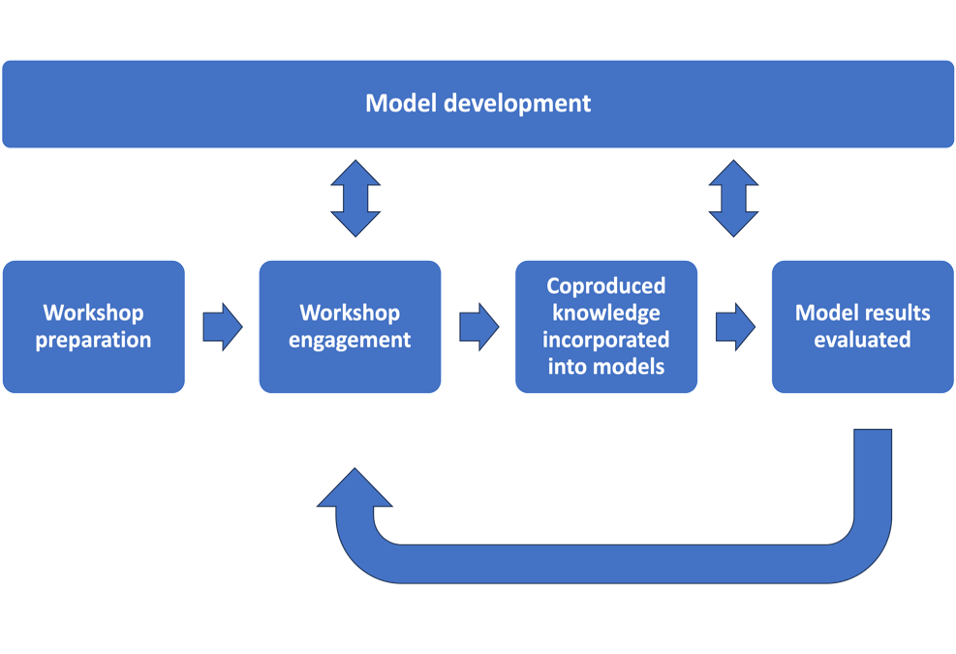
Maternal health is a growing concern in many countries, with a greater impact on areas of rurality, economic disadvantaged populations, as well as populations that are underserved (persons of color, Native Americans, Hispanics).
The central question of this project is: Can we model the factors that drive maternal and infant health, at spatial and temporal scales which can be useful for policymakers and community leaders to effect change? Our focus is the State of Idaho and adjacent communities.
What is maternal health?
Maternal health refers to the overall well-being of women and people during pregnancy, childbirth, and the postpartum period, as well as their ability to access necessary healthcare services and support to ensure a safe and healthy pregnancy and childbirth experience (Joseph et al, 2021). Several components are well established as critical for maternal health success, including:
- preconceptual and prenatal healthcare;
- nutrition;
- health education and psychosocial services;
- safe and supportive birth environments;
- family and social support;
- extended postpartum care; as well as
- advocacy and policy to support maternal health for all (Collier, Molina, 2019).
Our approach
Measuring maternal health, and its relations to infant health, is challenging. Using limited measurement structures, a region may appear to have a low level of maternal deaths, yet the problem is often more complicated. Previous research has shown that many factors, including:
- direct health measures (diabetes, hypertension, cancer, heart disease);
- healthcare access (proximity to healthcare, access to transportation, Medicare availability); and
- social determinants of health (education, poverty)
can combine to increase the risk of negative maternal health outcomes.
Project Steps
- Modeling will be conducted across the state of Idaho, at a county level, from 2015 to 2022. Our model results will be provided in the form of maps and easy to understand metrics.
- In conjunction with our modeling approach, we will additionally work collaboratively with stakeholders across the state (state officials, community leaders, private and non-profit organizations) to gain insight as to what they view are the most important factors which impact maternal and infant health.
- This knowledge co-production will be conducted via four (4) workshops across Idaho, where we will use research-driven facilitation techniques to garner insights which will help to inform our model construction.
Using this vital information from community members and grassroots organizations, we will refine our modeling framework and re-present these results to Idaho leadership for final review in Summer of 2025.

Figure: Maternal health project workflow
Maternal Health Input and Feedback
Thank you for your input!
